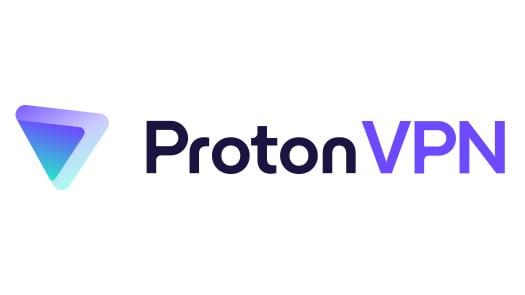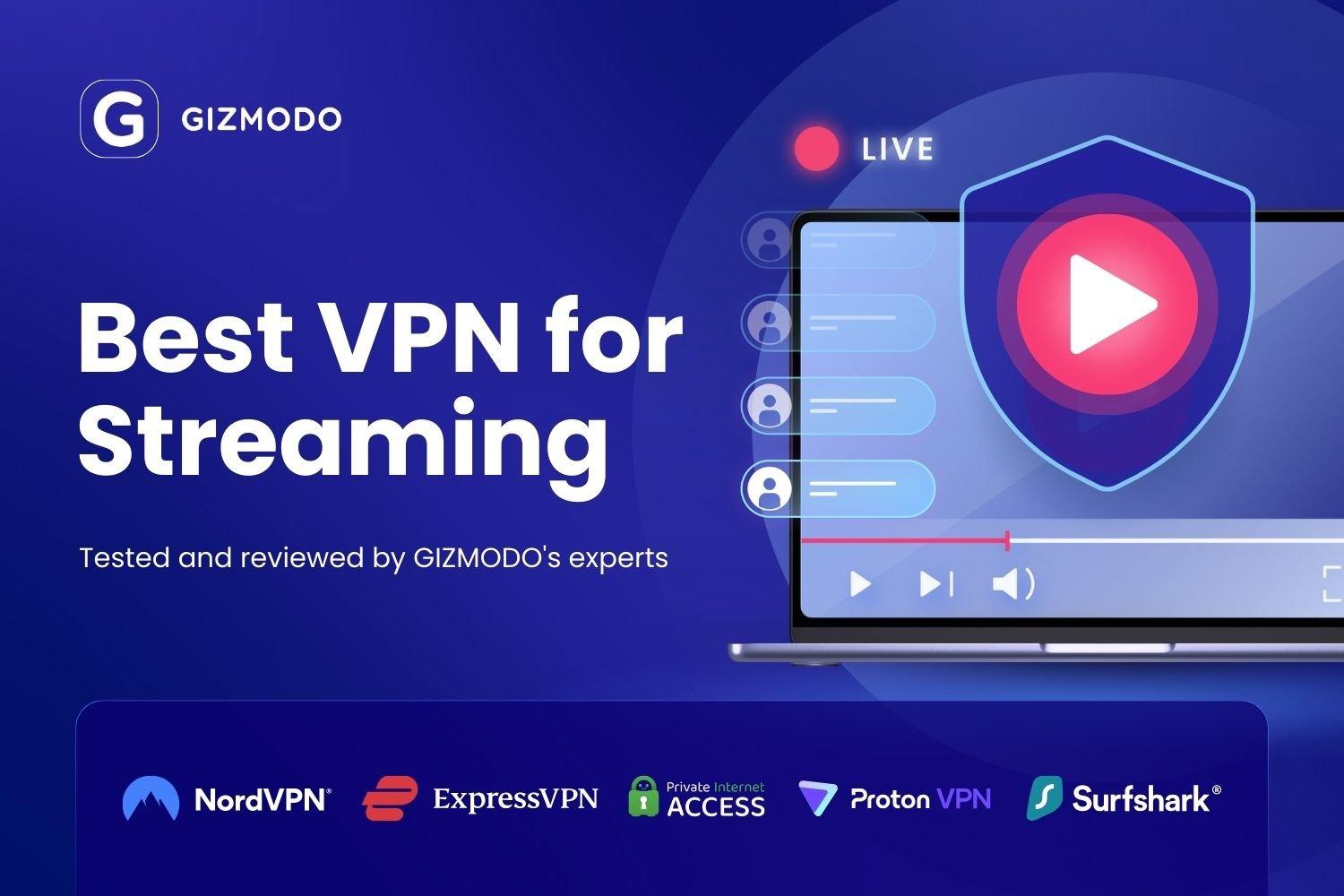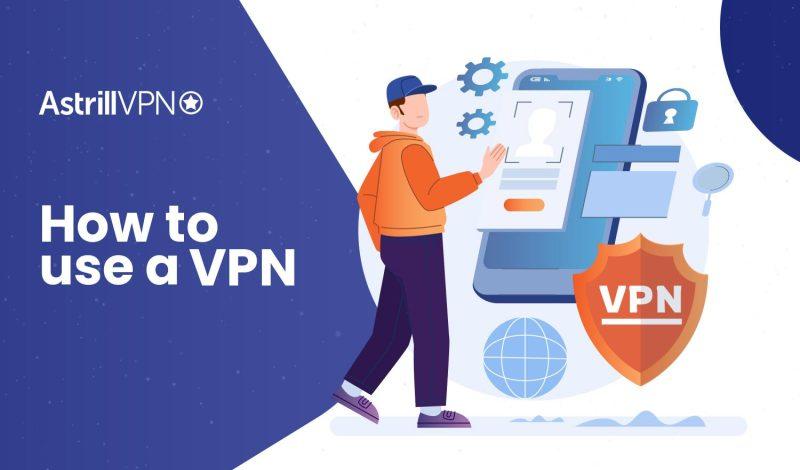In an increasingly interconnected world, virtual private networks (VPNs) have emerged as powerful tools for enhancing online privacy and security. However, their use has expanded beyond these primary functions, prompting ethical debates in the realm of digital consumption. A particularly contentious issue is the use of VPNs to access cheaper international streaming deals. As streaming services continue to diversify their offerings and pricing based on geographic regions, users are exploring VPNs as a means to bypass these restrictions. This article delves into the ethical considerations surrounding this practice, examining both the consumer’s perspective and the implications for content providers. By analyzing the motivations and consequences of using VPNs in this context, we aim to provide a balanced view of the ethical landscape.
Legal Implications and Regional Licensing Agreements
When considering the use of VPNs to access international streaming services, it’s essential to understand the legal landscape and how regional licensing agreements come into play. Streaming platforms often secure content through geographically-bound licenses, meaning they negotiate rights for specific regions. Bypassing these restrictions with a VPN might be seen as a breach of the platform’s terms of service. This could lead to account suspension or termination, as many services actively monitor and restrict access from known VPN servers.
Moreover, the legality of using a VPN itself varies significantly across different jurisdictions. While some countries have embraced VPNs as tools for privacy and security, others have imposed strict regulations or outright bans. It’s crucial to be aware of the specific laws in your region, as well as the potential consequences of circumventing licensing agreements. Key considerations include:
- Terms of Service Violations: Many streaming platforms explicitly prohibit the use of VPNs in their user agreements.
- Jurisdictional Differences: VPN legality can differ widely; always check local laws.
- Enforcement Practices: While some regions enforce these rules strictly, others may be more lenient.
Navigating this complex legal terrain requires careful consideration of both ethical implications and the potential risks involved.

Impact on Content Creators and Revenue Streams
The use of VPNs to access international streaming deals at lower prices can have significant implications for content creators and their revenue streams. Content creators often rely on regional licensing agreements to maximize their earnings, as these deals are tailored to specific market conditions and consumer behaviors. By bypassing these regional restrictions, VPN users disrupt the anticipated revenue flow, potentially leading to reduced budgets for future projects.
Moreover, streaming platforms may face challenges in accurately measuring viewership statistics, which are crucial for negotiating advertising and sponsorship deals. This can result in a ripple effect where:
- Content budgets may shrink, affecting the quality and diversity of available media.
- Smaller or independent creators might struggle to find sustainable financial models.
- Platforms could raise subscription fees to offset lost revenue, impacting all users.
While VPNs provide consumers with cost-effective access, they inadvertently challenge the financial stability of the creative industry.
Consumer Rights and Ethical Considerations
When considering the use of VPNs for accessing cheaper international streaming deals, it’s crucial to explore both consumer rights and ethical implications. From a consumer rights perspective, individuals often argue that they should have the freedom to access global content at competitive prices, especially when regional pricing disparities are evident. This perspective hinges on the belief that the digital world should offer a level playing field, enabling users to circumvent geographical restrictions that often lead to inflated prices in certain regions.
However, ethical considerations introduce a layer of complexity. Streaming services have specific licensing agreements that vary by country, and using a VPN to bypass these restrictions can be seen as a violation of these terms. This practice raises questions about fairness and integrity, as it might undermine the contractual agreements that content creators and distributors rely on. Some key ethical considerations include:
- Respect for licensing agreements: Acknowledging and adhering to regional content licenses.
- Impact on content creators: Ensuring fair compensation and support for creators based on legal viewership.
- Potential risks: Considering the legal and security risks involved in bypassing regional restrictions.
Ultimately, the debate is not just about legality but about aligning personal actions with broader ethical standards in the digital landscape.

Guidelines for Responsible VPN Usage
- Understand the Terms of Service: Before utilizing a VPN to access international streaming deals, carefully review the terms of service of the streaming platform. Many services explicitly prohibit the use of VPNs to bypass geographical restrictions, and violating these terms can lead to account suspension or termination.
- Consider Legal Implications: While using a VPN itself is generally legal, accessing content not intended for your region may infringe on licensing agreements. It’s crucial to weigh the legal aspects and potential risks associated with such actions.
- Respect Content Creators: Streaming services often negotiate deals based on regional markets, impacting revenue for content creators. Consider the ethical implications of bypassing these restrictions, as it may affect the compensation they receive for their work.
- Use Reputable VPN Services: Opt for VPN providers known for their security and privacy standards. Free VPNs might compromise your data, posing a risk to your personal information.
- Balance Access and Ethics: While the allure of cheaper deals is tempting, it’s important to balance the desire for cost savings with ethical considerations. Reflect on the broader impact of your actions on the digital ecosystem.



